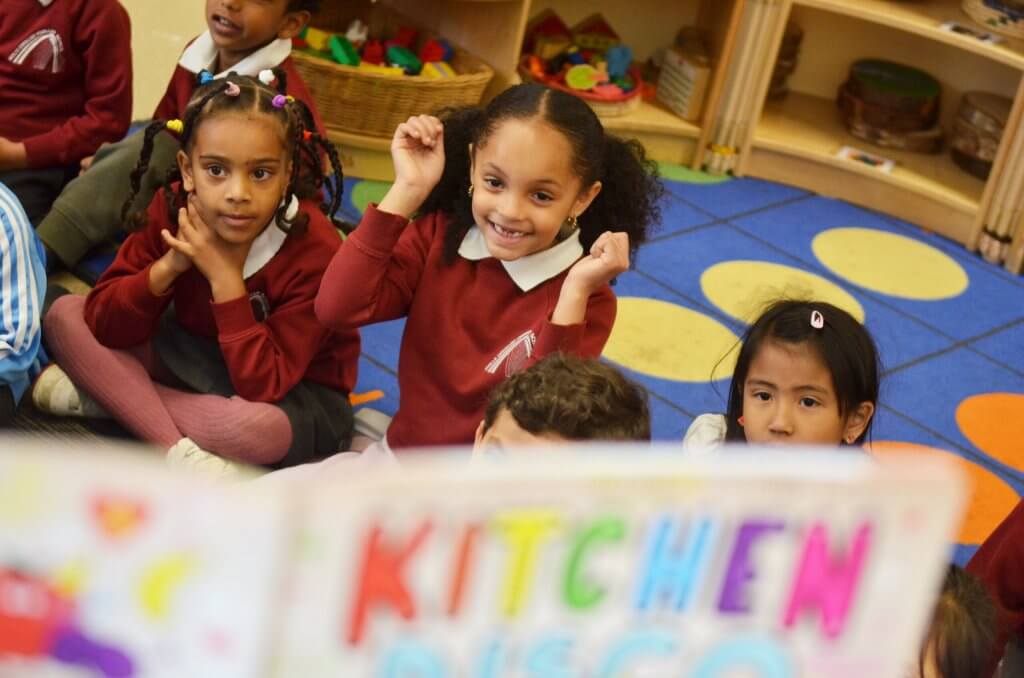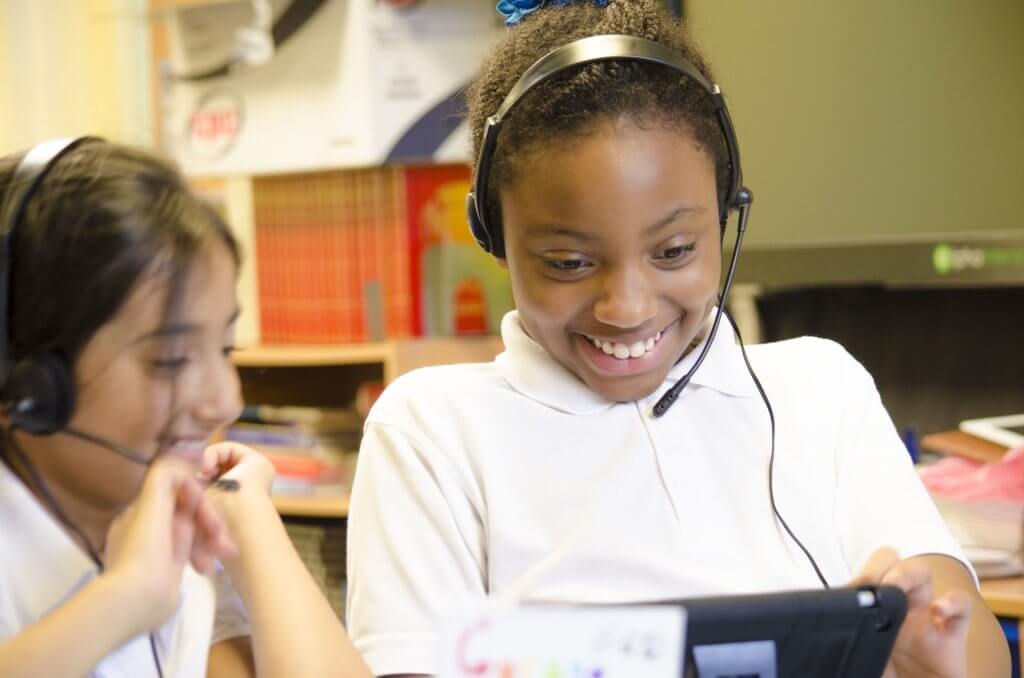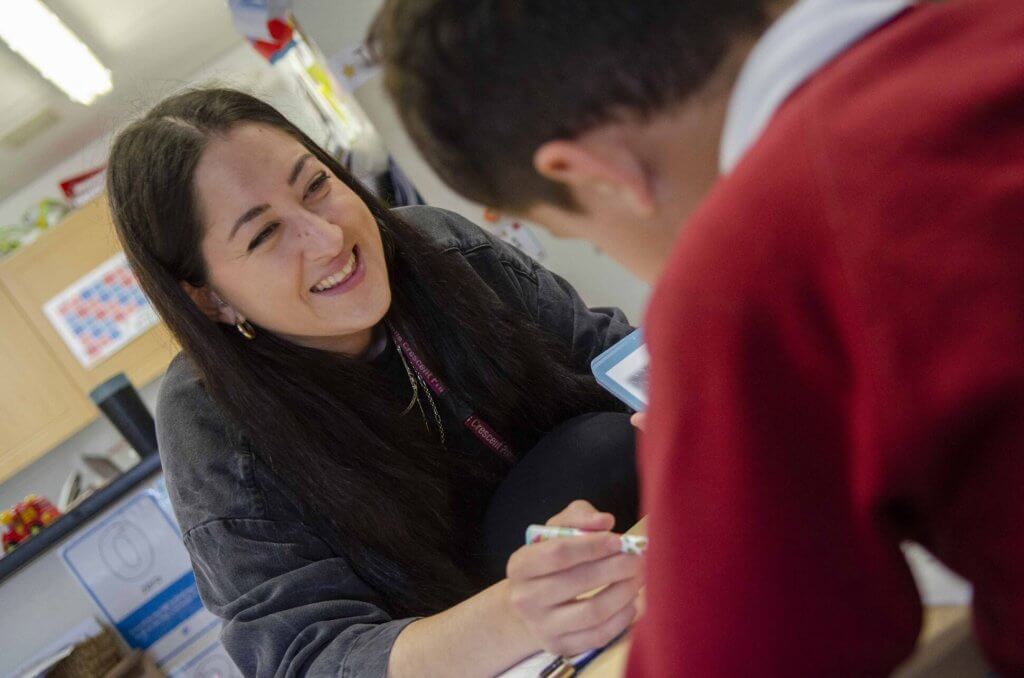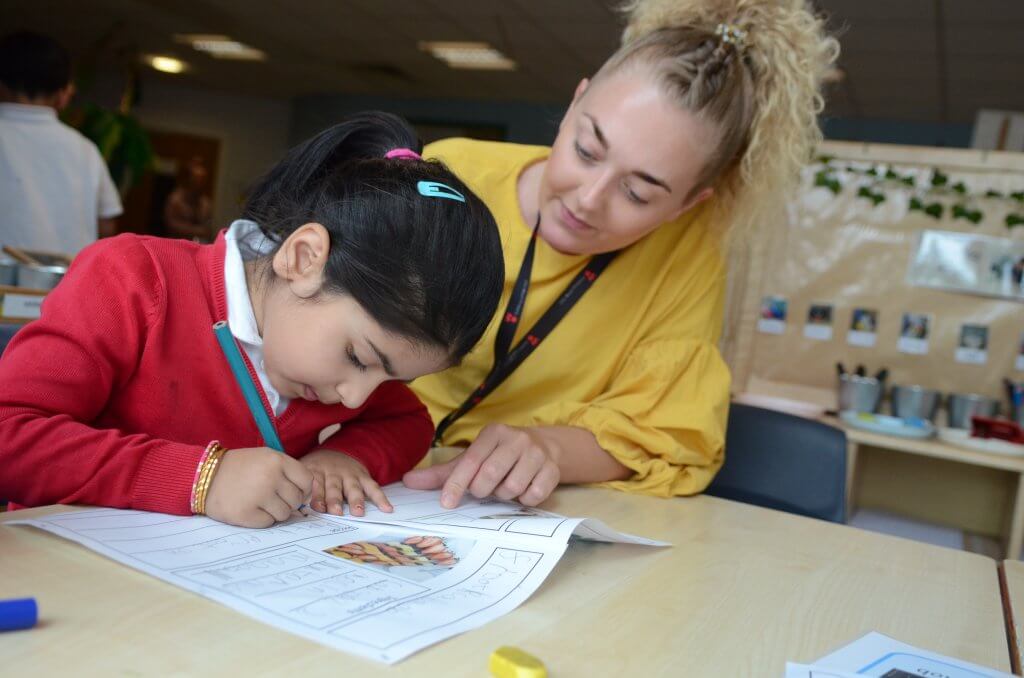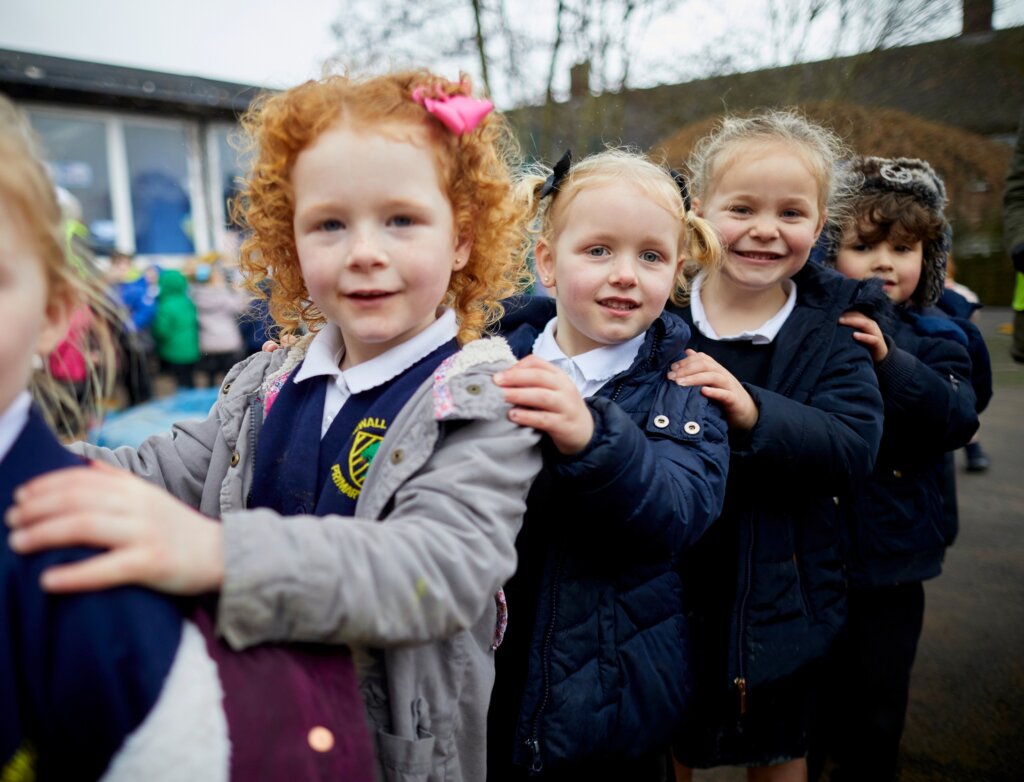Anti-bullying Week 2020 is being held between the 16th to 20th November this year and is organised by the Anti-Bullying Alliance. The special week is to encourage everyone; children, teachers and parents, to take a stand against bullying throughout the year. This year’s theme is Unite Against Bullying. Anti-bullying week is a great way to get involved and raise awareness in your school and is an ideal opportunity to reinforce the messages about how your school works to prevent bullying.
During Anti-bullying week it is important to discuss with children what bullying actually is. This will enable them to identify bullying if this happens in the classroom and playground and understand why it is wrong.
Although there is no legal definition of bullying it is usually defined as repeated behaviour which is intended to hurt someone either emotionally or physically, and is often aimed at certain people because of their race, religion, gender or sexual orientation or any other aspect such as appearance or disability.
The effects of bullying can have a massive impact on young people both at school, and socially. Children who are and have been bullied can still experience negative effects on their physical and mental health more than 40 years later, this is according to researchers from King’s College London. Being bullied frequently as a child increases the risk of depression and anxiety, and those that have been bullied are more likely to report a lower quality of life at 50.
Bullying can have an impact on other areas of a young person’s life. These can include school work being affected by suffering poor performance, sleep issues, mental health issues, emotional well-being, family life, friendships, future relationships and future plans in life. The impact of bullying can cause self-harm and depression, suicidal thoughts and attempts of suicide. Bullying can cause young people to avoid going online and using social media, causing them to become more isolated and withdrawn socially.
The impact of bullying not only affects the bullied but also the participants. Those doing the bullying are at a much higher risk of continuing this into adulthood leading to a range of other issues including violent behaviour and substance abuse.
What strategies can be used to prevent bullying?
- Establish and consistently enforce policies against bullying. Have an anti-bullying policy that is accessible to all young people, that they understand and are clear about the part they can play to prevent bullying, including when they find themselves as bystanders.
- Openly discuss differences between people that could cause bullying, such as religion, ethnicity, disability, gender, sexuality or appearance related to being different. Teach children that using any prejudice-based language is unacceptable.
- Watch for signs of bullying including a young person with unexplained injuries, frequent illness, a decline in school attendance, decline in grades and avoidance of social situations. Monitor and collect data on bullying to understand how frequently it is happening and where it is occurring on school grounds.
- Intervene when you see problems. A bully-free culture in school should be the norm.
- Talk to young people about their concerns and help them to build social and emotional skills to help address any bullying issues. As well as working with students who are being bullied also work with students who are bullying others to establish a culture of respect. Teach kindness and empathy. When young people are able to approach ideas and problems from different perspectives they are less likely to bully others. Establish a sense of community within school to help lower bullying incidents and facilitate healing for targeted students.
According to research when targeted students feel connected to peers, they are better able to cope with being bullied. Studies also indicate that teaching students to speak up when they witness bullying behaviour, and to take a stand against it, can reduce future bullying situations by more than 50 percent.
We can all play a part in preventing bullying.
References:

